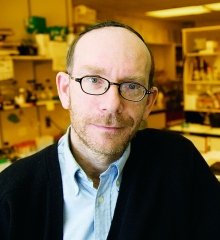
Podcast: Play in new window | Download
Today’s conversation takes us upstream—to the source—of one of the most pressing and emotionally charged topics in modern pediatrics: the rise in autism spectrum disorders. Autism rates have continued to climb in 2025, but what if much of what we call “the epidemic” isn’t simply genetics or better diagnosis, but a reflection of deeper biological, environmental, and developmental changes affecting the human organism before birth?
To explore this critical question, I’m joined by three extraordinary clinicians who have dedicated their lives to understanding the roots of children’s health and disease.
Dr. Sandy Newmark, Clinical Professor of Pediatrics at the Osher Center for Integrative Medicine at UCSF, has spent the past two decades at the intersection of conventional and integrative medicine—focusing specifically on children with autism and ADHD. His approach blends deep compassion with scientific rigor, examining how nutrition, toxins, inflammation, and the microbiome shape the developing brain.
Dr. Elisa Song, Stanford-, NYU-, and UCSF-trained integrative pediatrician and author of Healthy Kids, Happy Kids, is one of the leading global voices in pediatric functional medicine. As founder and Chief Medical Officer of Healthy Kids Happy Kids and Tiny Health, she’s pioneering microbiome-centered strategies to reverse chronic disease in children and reshape how we think about wellness from the inside out.
Dr. Leslie Stone, family physician, obstetrician, and co-founder of GrowBabyHealth.com, brings a lifetime of experience delivering and caring for over 5,000 babies. Her groundbreaking work in the science of Developmental Origins of Health and Disease—the DOHaD model—shows how what happens before and during pregnancy programs a child’s long-term health, resilience, and risk for conditions like autism.
Together, we’ll discuss the emerging evidence that the autism epidemic is not a mystery of genetics alone, but a story written in inflammation, metabolic disruption, environmental exposures, and the developmental stressors of modern life. We’ll explore how integrative and functional medicine are reframing prevention—not just treatment—and what it will take to truly turn the tide for the next generation.
This is a conversation about hope, science, and the possibility of rewriting the future—one mother, one child, and one generation at a time.



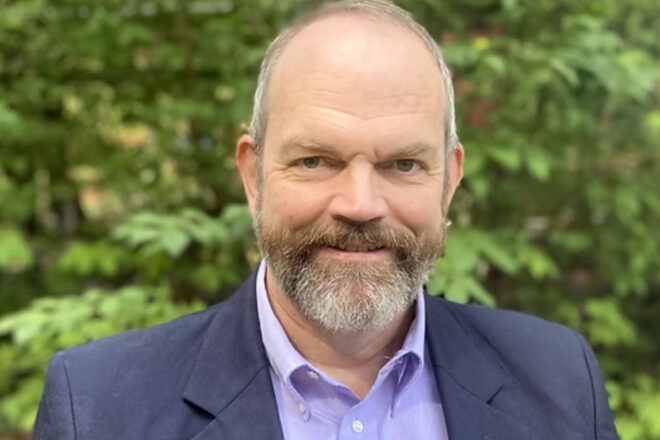
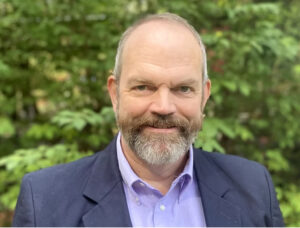


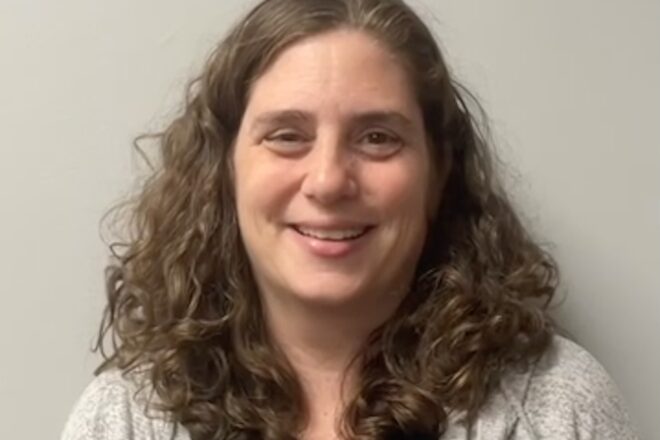
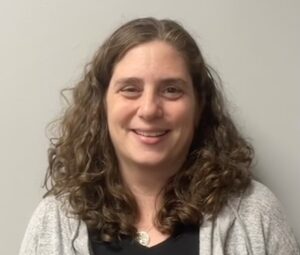 \
\

